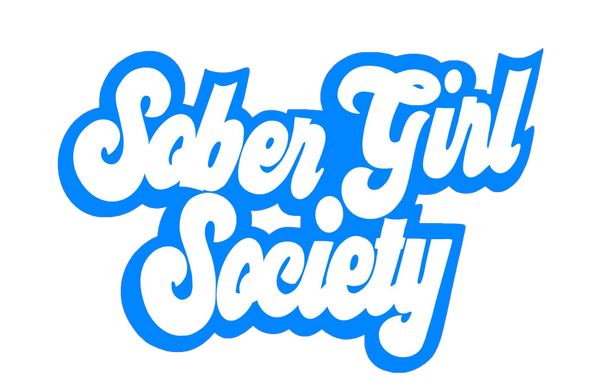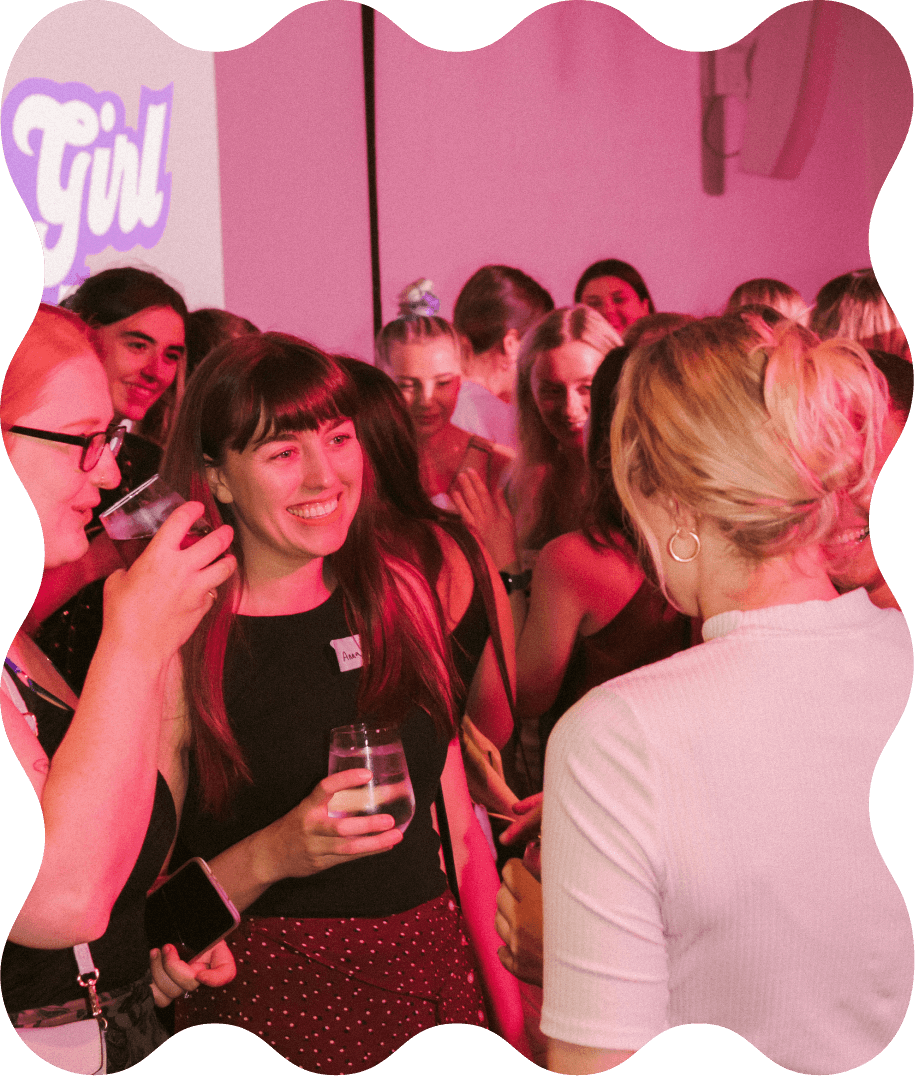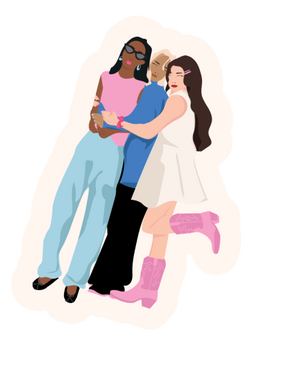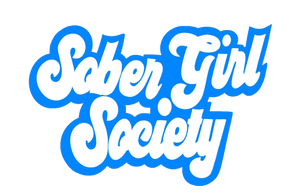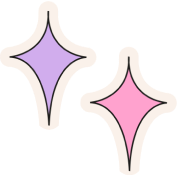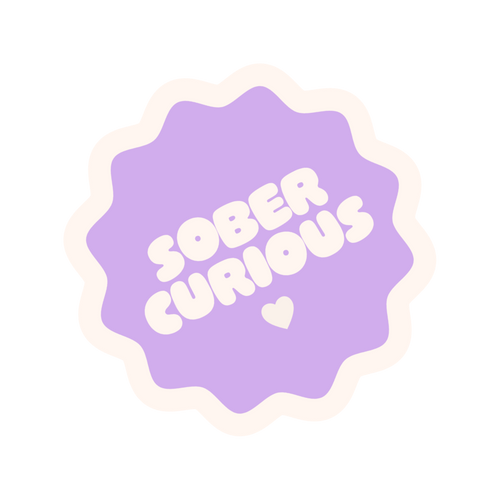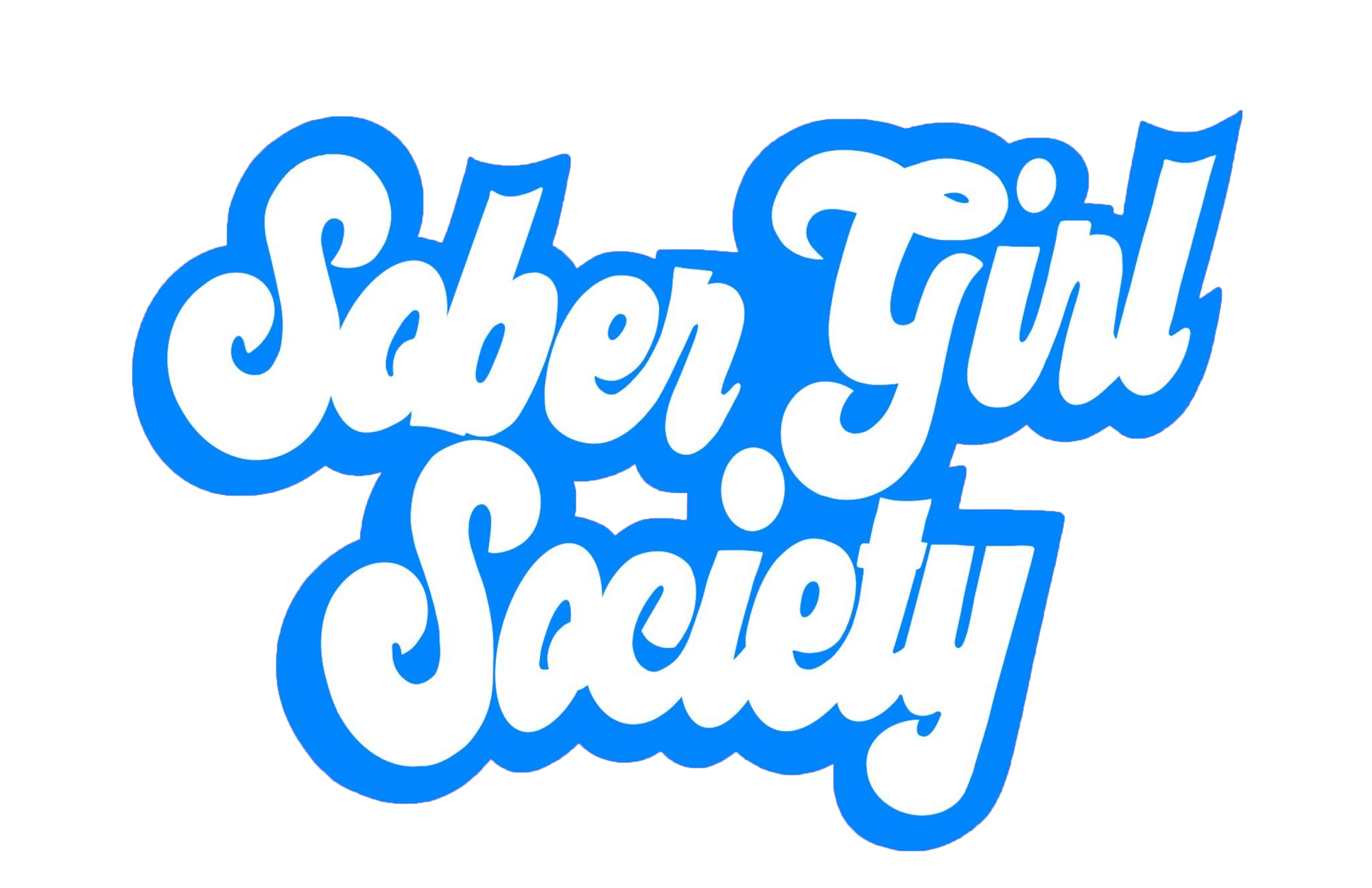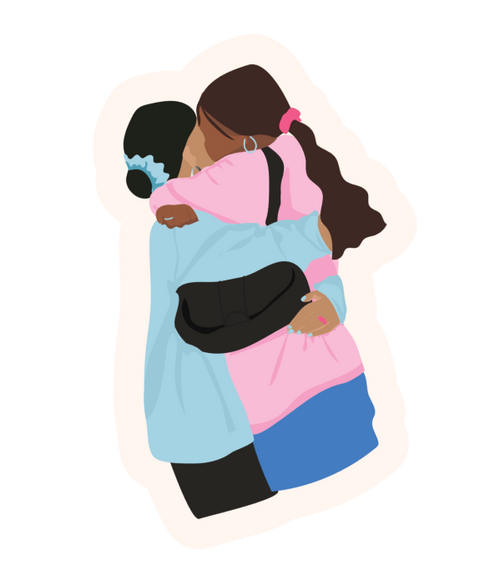AuDHD & alcohol free: Navigating neurodivergence & sobriety

Each year in the UK and USA, June and July are dedicated to celebrating two Pride movements – LGBTIA+ Pride, and Disability Pride/Disability Acceptance. They represent some of the most marginalised and vulnerable people in society, and transcend far beyond the boundaries of race, class and gender. These movements are pro-love and anti-hate. At the very core, Pride represents understanding, compassion, equality and equity.
“Disability Pride Month is a time to take pride in our identities, celebrate our communities, and reflect on the significant strides society has made towards inclusivity. However, it also serves as a stark reminder of the progress yet to be made. It is paramount that we not only celebrate our achievements but also keep bringing attention to the necessary work that lies ahead.” – Keely Cat-Wells @ Forbes.com: Celebrating Disability Pride Month – What’s Your Role?
From June 1st-30th, you will see big, bright Pride campaigns from hundreds of companies and institutions. Familiar everyday logos transform into the colours of the rainbow, branded with slogans like “LOVE IS LOVE” and “BORN THIS WAY”. The progressive pride flag is proudly displayed to let us know that they are “safe” and “inclusive”. It’s an eye-catching way for businesses to stay on trend, even if it’s just a friendly colour scheme used as a clever marketing scheme. Unfortunately, by the time July 1st comes around most of the sentiments of Pride have been thrown away and forgotten; just like the single use plastic they were printed on.
Lots of us know that June is LGBTIA+ Pride Month. But did you know that July is Disability Pride Month? It’s also Dry July so why don’t we marry the two together? For me, being sober and neurodivergent must go hand in hand, and I do love a summer wedding! Heck, why not marry the 3 of them?! I’ll make a start on the rainbow wheelchair bunting and you can bring the 0% Queer beers, yeah? Perfect!
I am Lala, an “Auteetotal” Autistic-ADHDer (AuDHD). I started my sober journey in 2013 and have been consistently sober for almost 6 years now. We all have a neurotype, be it “typical” (“normal” or most common) or “atypical” (also referred to as neurodivergent, neuroqueer, neurospicy etc). It can greatly affect how we process sensory input, interpret social situations and perceive reality. Woah! Neurological differences have brought us gifts like Apple technology and Pokémon, and people like Tim Burton and Greta Thunberg. If we can exist safely and authentically, we can create amazing things. I love the term “neuroqueer” as it reclaims Queer from being a slur or offensive word (I personally identify as Queer/Bisexual) and it represents Queerness as a diversion from the “norm” and “status quo” (in this case, from the super boring and scary neurotypical world I’m forced to exist in).
There once was a time when the word “gay” meant “happy.” Then it meant “homosexual.” Now, some people say “that’s so gay” to mean dumb and stupid (I’ve seen and heard people use “autistic” to mean the same thing). Language is important, and words carry weight. How language evolves and improves over time is beautiful and exciting. Just like getting sober, it’s both a subtle and life changing daily event, often made by simply choosing not to do something and replacing it with better things.
Unfortunately, it still isn’t safe for Disabled or Queer people to live loudly and proudly all year round. Similar to gender identities and sexuality, whether you choose to self-identify, go through an official assessment, or “stay in the closet”, navigating life as a neuroqueer person in a neurotypical world is exhausting and confusing. Queer Joy is just as important as Autistic Joy. But how can we find joy in being sober in the face of so much misunderstanding and hate?
For me, the biggest things I can struggle with are sensory overload, overwhelm, burnout, task management, bad pain and low energy. Everyone can go through these things of course, but the scale and severity of the struggle is the key difference when it’s neurological. AuDHD overwhelm and burnout is so debilitating and disabling, it’s difficult to describe without it sounding severe but honestly, that’s because it is. Neurodivergent brains are always processing hundreds more things at once, operating at a much higher state of anxiety and stress. Self-care is hard to do when your brain is paralysed with activity. Getting drunk is a quick and easy way to calm everything down for a while. Unfortunately, it always comes at a cost.
During my ten-year sobriety journey, the biggest ‘secret’ I’ve learnt about successful sobriety is relief. People who are struggling don’t need fancy parades, branded coffee cups or confetti. We just need relief. We also need to feel safe – safe to want better things, space to change, space to put it all down, space to heal, space to recover, space to grow. We need space to help ourselves, and in turn help others too. How can we recreate those feelings of relief that cause less harm and last far longer than the morning after? Keeping it simple, safe, and silly is a good start!
Lots of people drink to combat feelings of shame, drink out of boredom or drink socially because they can’t be “fun” without it. If you can learn to be silly or goofy and feel safe to become the “quirky” neurodivergent weirdo you were bullied for being in your younger years, you will “recover” the most beautiful and unique part of you that the world needs the most. Pride is a powerful remedy for shame.
It wasn’t until I got sober at 30 that my ‘true self’ started to pour out of every hole I was plugging with partying, pubs, and people pleasing. I spent my early thirties discovering and adjusting to my lifelong disabilities and neurodivergences that I’d hidden and played down in my childhood, teen years, and twenties. It’s taken nearly 6 years, but I am finally unmasking and taking up space as a disabled/neuroqueer woman. It has taken me years of consistent sobriety, therapy, sacrifices, adjustments, and boundaries to be able to live the life I do now, which best suits my dynamic disabilities and chronic conditions. My sobriety (and survival) depends on it. After all, I was born this way!
I started publishing some of my writing on my 2nd sobriety birthday (29th October 2019). Writing is a BIG cathartic release, and big releases are crucial for staying sober. Whether you choose to release through movement/sweating, spending time in nature, writing on pebbles and throwing them into the sea, crying in therapy, or publishing nearly sixty thousand words of confessions and memoirs online (like I did), release is relief. If you don’t release the stuff that needs to go, you will most likely stay trapped and inevitably relapse. It’s like a fart – always better out than in but be careful how you do it! I’ve only ever relapsed once, but it lasted over 4 years.
When it comes to neuroqueer Pride, it’s essential to use the ‘correct’ language so that we can make integrated choices that align with our preferences and conditions, and we can access the lives that are meant for us.
Written by Lala
Lala (She/Her) is a Welsh tattoo artist, lifelong Illustrator, and sober LGBTQIA+ intersectional feminist writer, exploring topics such as self-employment, sobriety, business, AuDHD, trauma, PTSD and Fibromyalgia.
Lala is Queer/Bisexual and previously polyamorous, now engaged and living in a monogamous relationship with an Autistic, chronically ill, sober, tattoo artist and writer (just like her). You can find more information about her here.
